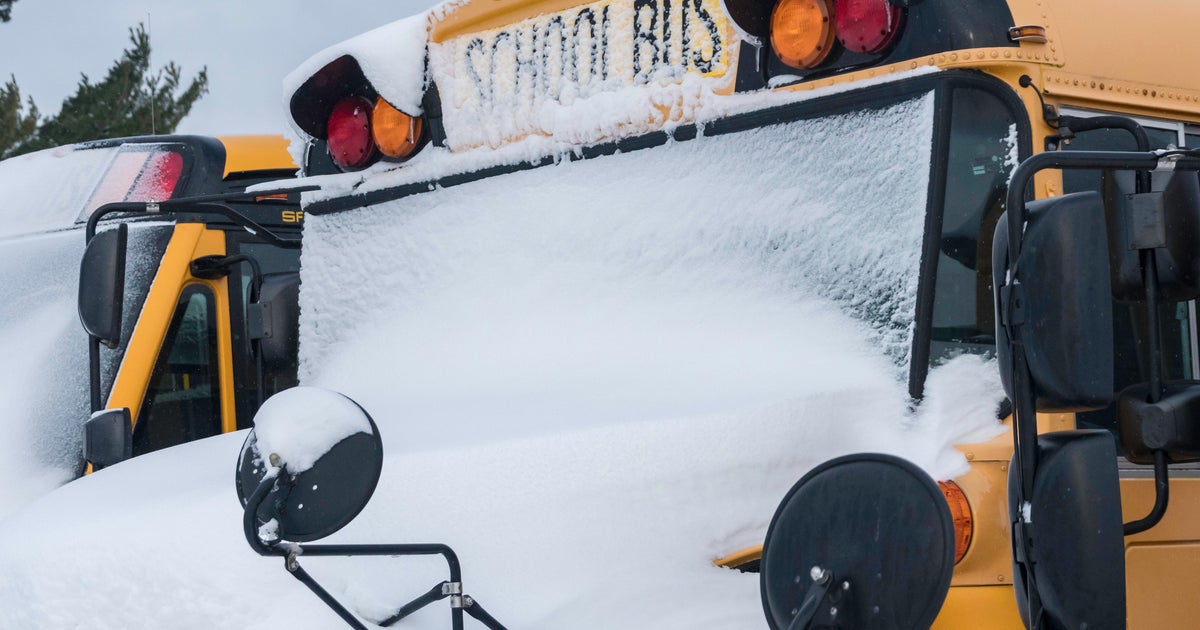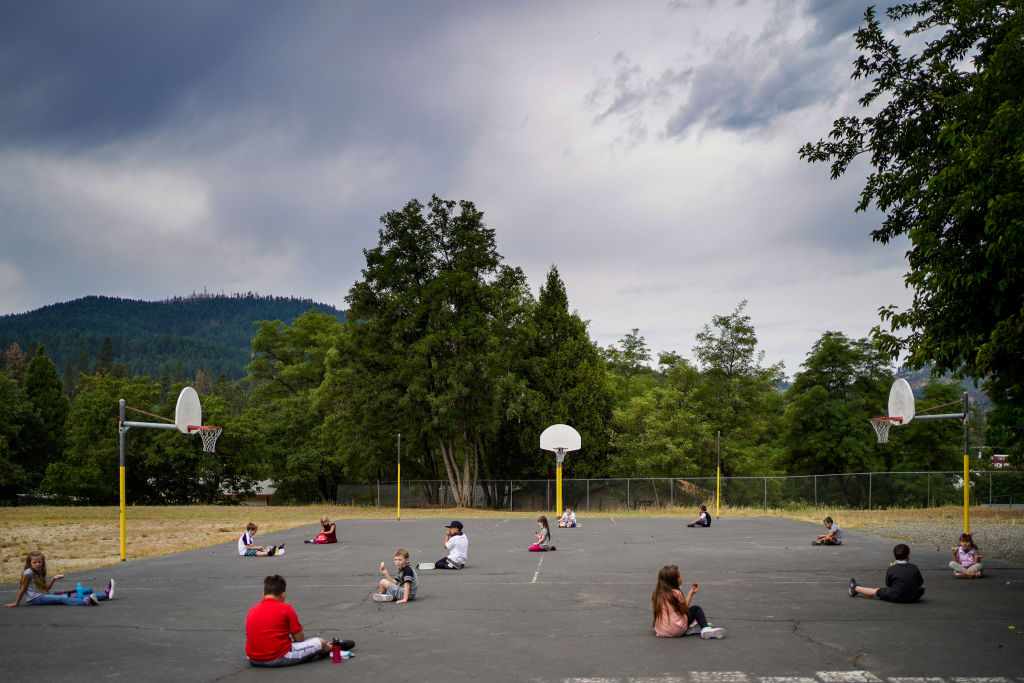Khan Academy founder Salman Khan shares advice for parents dealing with coronavirus school closures
As the coronavirus pandemic forces school closures around the country, over 42 million school-aged children and parents wonder how to adapt to online classes and video chats being the new normal. The founder of the free online education resource Khan Academy, Salman Khan, said the key was to get students "into a schedule" during an appearance on "CBS This Morning" Thursday.
Khan Academy, a non-profit online site popular with students even before the pandemic, publishes some lessons over the weekend for ages four through 18 for parents looking for a structured learning schedule.
"Focus on the basics. If your child of pretty much any age is able to focus on math and reading, two hours a day, that's a great start," he said.
A bad idea, according to Khan, is for kids to use the lack of formal school as an excuse to take classes from bed.
"What I would recommend is start the day strong," he said. "Depending on the age group, we start with a little bit of math while the brain is fresh."
He encouraged parents to make sure their kids have breaks, and time during the day to "run around in the house or dance or do something, have some physical activity" while they are socially isolated, ideally even finding time to go outside.
"It's not just about doing all at once and eight hours of learning and everyone's tired. It's about keeping that consistency because this is likely to last for a little bit," he said.
While a regular day at school covers a myriad of topics, Khan said that it was okay to first narrow the focus on what a child could handle - specifically, reading and math are crucial.
"If you just have to focus on one thing, I would do an hour of reading, and that could be as simple as a reading a book," he said. "On our schedules we've published some book lists for students of different ages. And I would be sure to get that math. Those are the two skills, if they don't atrophy, students will be fine."
Afterwards, Khan said, parents should begin to "layer on the rest of the school day" with normal school classes like history and language arts.
If a parent comes across the likely scenario where they do not remember a lesson their child needs help with, Khan said that opportunity should be seized as a learning moment for them both.
"If parents can model that learning with the student, especially for younger students, if you learn alongside them - a lot of times, a parent might be embarrassed that they forgot their fifth-grade fractions," Khan said. "But I think there's no better signal to you students than to say, 'Hey, I forgot that, let's learn that together, let's watch the video, let's do some exercises together,' your kids will really appreciate that."



